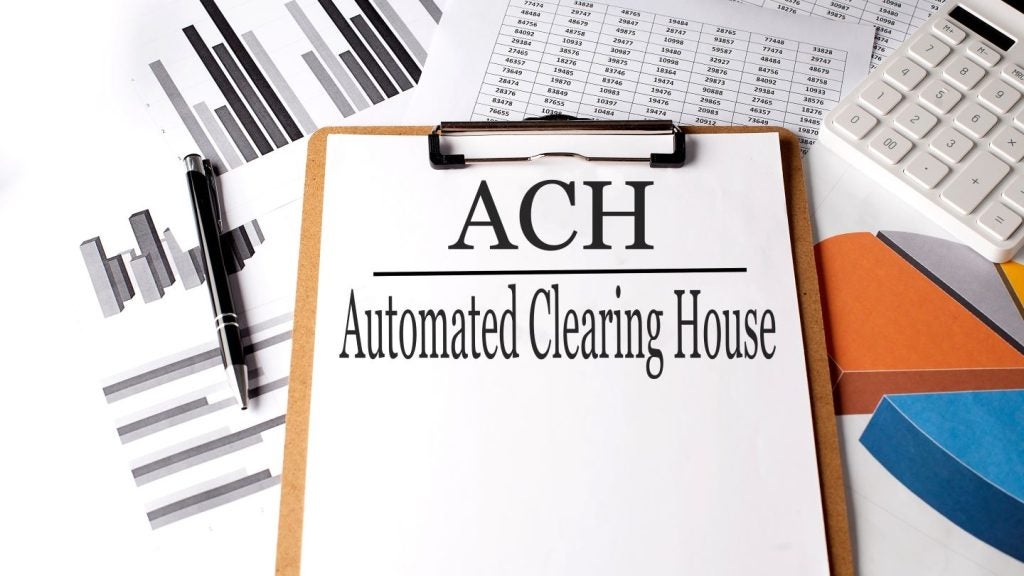History has shown us that it can often be problematic making payments when travelling and has even resulted in customers losing access to their funds. On top of that, we are charged high transaction fees for the privilege of making purchases outside our own countries.
At the Olympics in Paris recently, I was reminded of just how restrictive international payment mechanisms can be. At what was otherwise a very well organised event, we suddenly realised that the only acceptable form of payment other than cash, which few people carry today, was via a Visa card. Given that visitors were queuing for 30 minutes or more to purchase drinks or snacks, it was highly frustrating to realise their choice of card provider was not supported.
Visa is an official partner of the International Olympic Committee and the preferred payment method at the Olympics and the Paralympics in 2024. This has been the case since 1986, which seems like a long time for official shops and competition venues to be turning away any visitor with only a Mastercard, American Express or any other card than Visa.
While this does not take away from the spectacle of the games, what it does suggest is that it really is time for a change, and maybe that change should include non-custodial payment mechanisms and more reasonable transaction fees. Fortunately, there is a new generation of payment platforms which operate at ‘planet scale’ and they are waiting in the wings to deliver on both fronts.
High performance blockchain transactions
One example is Teranode, a blockchain transaction platform which can support over 1 million global BSV Blockchain transactions per second (100 billion a day). The mission behind the organisation is to provide a distributed, electronic cash payments platform, but based on the above performance, the results it can achieve far outstrip anything that a traditional bank or payment system can deliver. The transaction rates above, for example, are 12 times the capability that Visa can offer.
The BSV Blockchain is designed to overcome the limitations of earlier blockchain implementations around scalability, transaction speed, and the creation of a truly distributed network. This is achieved, in part, by having an unlimited block size.
How well do you really know your competitors?
Access the most comprehensive Company Profiles on the market, powered by GlobalData. Save hours of research. Gain competitive edge.

Thank you!
Your download email will arrive shortly
Not ready to buy yet? Download a free sample
We are confident about the unique quality of our Company Profiles. However, we want you to make the most beneficial decision for your business, so we offer a free sample that you can download by submitting the below form
By GlobalDataWhat a larger block does need if it is to achieve these levels of high, predictable performance, low transactional costs, ultra-low latency and high availability, is an entirely new approach to infrastructure. Blockchain transaction platforms are now facing the engineering challenge of creating unbounded, linearly scalable systems that can form a non-custodial core payment solution for global audiences, with operational efficiency at the centre.
The role of the real-time database
The answer has come in the form of powerful, real-time databases. Teranode, for example, is using a new database to support unlimited digital asset transactions, including protecting intellectual property rights, enabling direct financial transactions between two parties with no intermediary, and Web3, which, when implemented, allows millions of micro transactions to take place every day, supporting new granular payment models, such as pay-as-you-use data.
The BSV Association, which is focused on developing business on the BSV blockchain, looked at multiple DBMS architectures to underpin Teranode. Traditional RDBMS solutions and other NoSQL technologies were not suitable because they required comparatively high investment in expensive RAM and other resources across the global network which would have accelerated costs and impacted scalability. The NoSQL solution they did choose allows Teranode to be highly efficient and will maintain performance as the platform scales, enabling a cost per transaction that is highly competitive against traditional payment providers, and is financially sustainable to support micro transactions.
Benefits for faster cryptomining
The real-time database, from Aerospike, has an additional benefit when it comes to mining for new coins. In cryptomining, cost, speed, and scale are all equally important to the individual miner. Solutions prior to Teranode could incur substantial latency on each interaction with the Blockchain, but the efficiency and distributed nature of the new database means that Teranode users experience <10ms latency and a much higher throughput on their existing infrastructure. The native consistency features of the database also dramatically reduce the risks of inconsistencies, which would take a miner offline and result in loss of revenue when, all the while, they are paying for expensive infrastructure.
How the BSV Association have used their database to support Teranode has created a standard for unboundedly scalable core transactional systems that could revolutionise the financial sector. Clearly this implementation is outperforming traditional RDBMS banking systems against multiple metrics, including efficiency.
Perhaps by the time the next Olympic Games roll around, those attending will find they have more flexibility when it comes to making a transaction.

Martin James is Vice President EMEA at Aerospike








